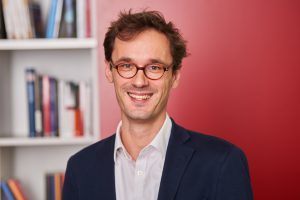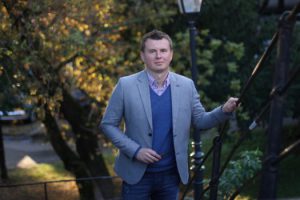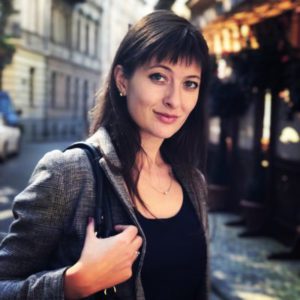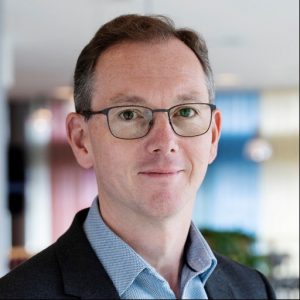Defending History? The Impact of Context and Speaker in Russia
When? March 15th, 3:15pm
Where? Zoom: https://mau-se.zoom.us/j/64203597686
Summary:
As part of their nation-building efforts, political elites in post-communist Europe have increasingly regulated how the past can be talked about in public. Critical historical discourse has been eradicated from public discourse through memory laws in particular. However, we lack insights into the implications of such laws for what people make of the past and under what circumstances people are prepared to accept critical comments on a country’s history.
Employing an original vignette experiment conducted in 2021, this article addresses these lacunae in the context of the Russian Federation, where the memory of the Red Army’s victory in World War II has been overwhelmingly embraced by the population. Our results demonstrate that in-group criticism of a shared norm is accepted, while criticism by an out-group member is rejected. Additionally, we find that the state has little power to shape what citizens hold to be true about a specific past event; rather, the interpretations historical events are given reflect existing lines of political support and opposition within Russia.
Biography: Félix Krawatzek is a political scientist and, since September 2018, a senior researcher at ZOiS, where he coordinates the research cluster Youth in Eastern Europe. He is also an Associate Member of Nuffield College (University of Oxford). His research focuses on post-Soviet politics and European politics more broadly. Félix Krawatzek is particularly interested in the role of youth in politics, the significance of historical representation in political processes, and questions related to migration and transnationalism. Before joining ZOiS, Félix Krawatzek held a British Academy Postdoctoral Fellowship at the University of Oxford’s Department of Politics and International Relations. He finished his doctorate at the University of Oxford and was a visiting fellow at Sciences Po Paris (Centre d’études et de recherches internationales) and at the Minda de Gunzburg Center for European Studies at Harvard University.








 The recent rise of illiberal, conservative and right-wing populist movements poses an acute threat to democracy and equality in Europe. One pervasive but underresearched strand of these movements advocates ‘traditional family values’, in particular conservative sexual and gender politics, in the name of protecting children. With my project, l plan to fill this research gap through interdisciplinary research examining the discursive construction of the child as the ultimate site of vulnerability and risk, and hence in need of protection and policy intervention. The research is characterised by a significant comparative dimension, analysing discourses by conservative, ‘pro-traditional family values’ actors, from politicians to activists, in Germany and Russia. In my presentation for RUCARR, I will focus on Russian actors’ ‘traditional values’ discourse and -policies as they pertain to children.
The recent rise of illiberal, conservative and right-wing populist movements poses an acute threat to democracy and equality in Europe. One pervasive but underresearched strand of these movements advocates ‘traditional family values’, in particular conservative sexual and gender politics, in the name of protecting children. With my project, l plan to fill this research gap through interdisciplinary research examining the discursive construction of the child as the ultimate site of vulnerability and risk, and hence in need of protection and policy intervention. The research is characterised by a significant comparative dimension, analysing discourses by conservative, ‘pro-traditional family values’ actors, from politicians to activists, in Germany and Russia. In my presentation for RUCARR, I will focus on Russian actors’ ‘traditional values’ discourse and -policies as they pertain to children. Welcome to the Spring semester’s first seminar with Kamal Makili-Aliyev, LL.D. Senior Lecturer at the Dept. of Global Political Studies, Malmö University: The role of Azerbaijan in the non-aligned movement through the lens of international law and security.
Welcome to the Spring semester’s first seminar with Kamal Makili-Aliyev, LL.D. Senior Lecturer at the Dept. of Global Political Studies, Malmö University: The role of Azerbaijan in the non-aligned movement through the lens of international law and security.
 Varför utgör Navalnyj en sådan utmaning mot Putin och det etablissemang han leder?
Varför utgör Navalnyj en sådan utmaning mot Putin och det etablissemang han leder? The role of traditional rituals in resisting energy injustice: The case of hydropower developments in Svaneti, Georgia
The role of traditional rituals in resisting energy injustice: The case of hydropower developments in Svaneti, Georgia